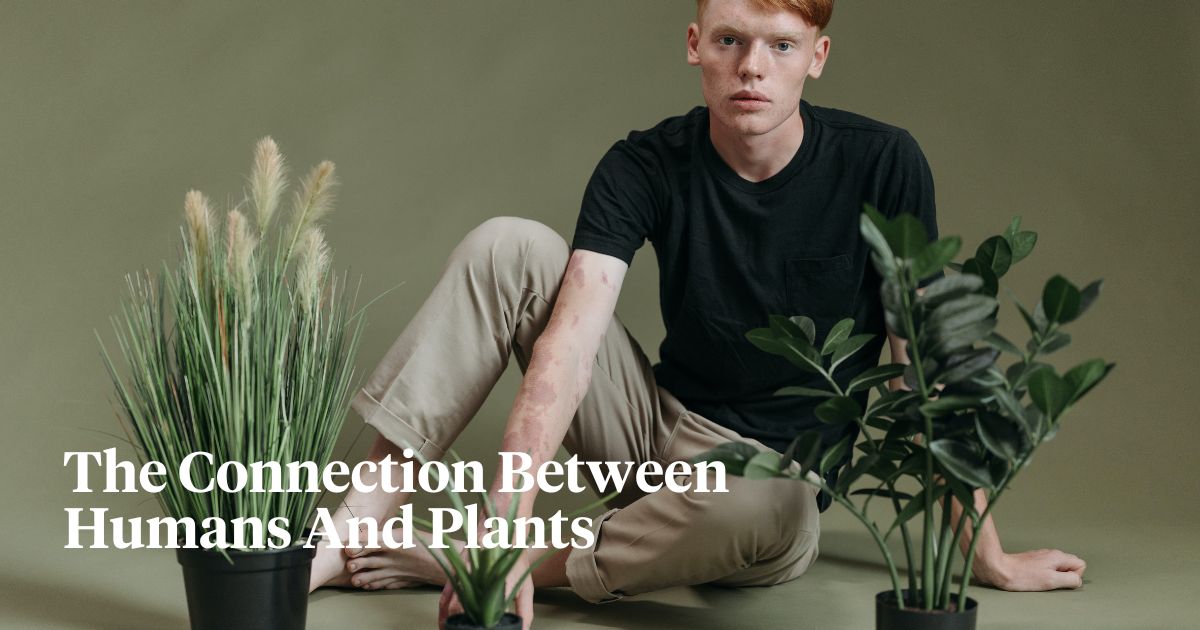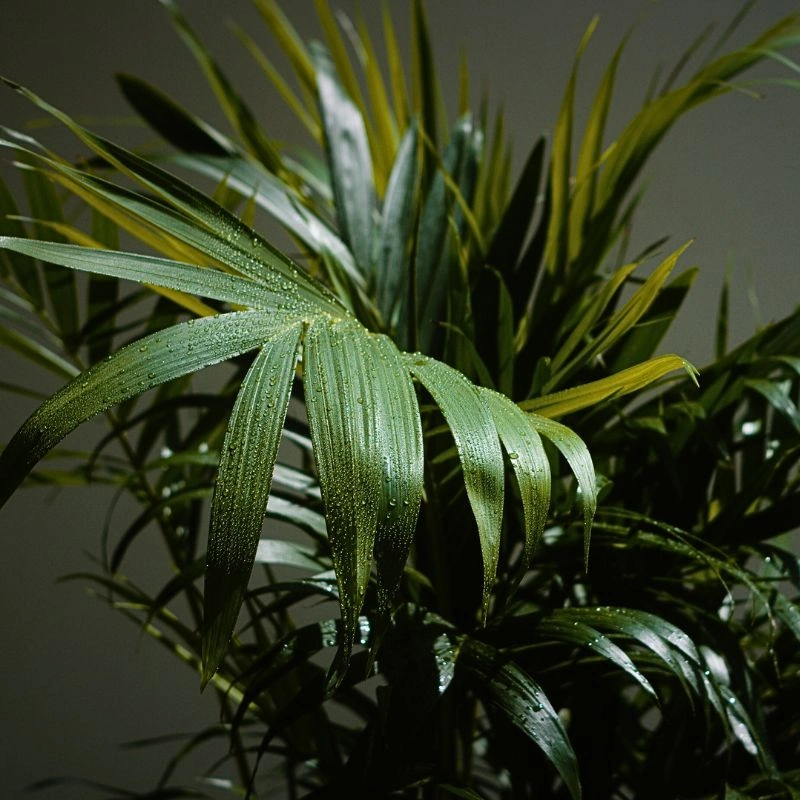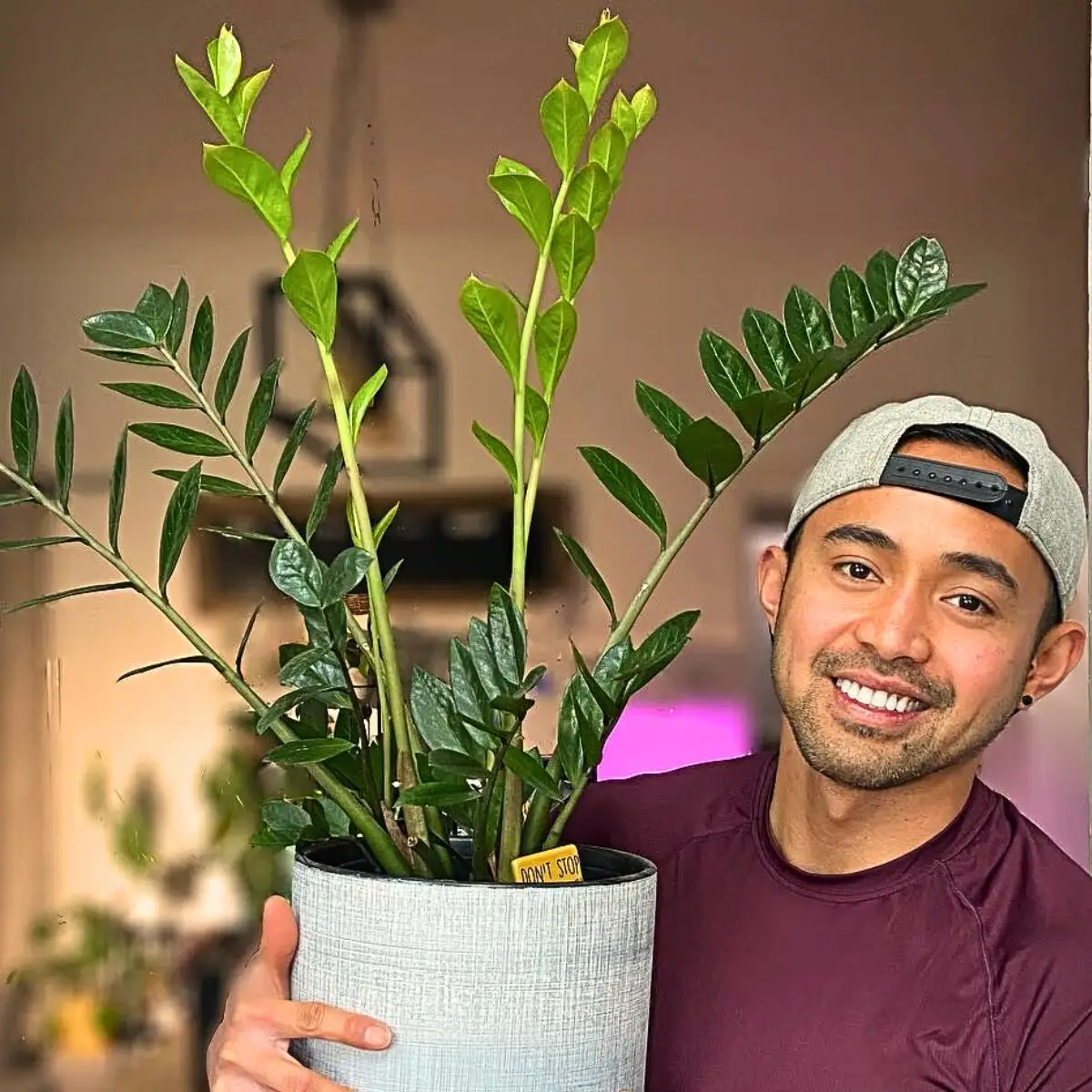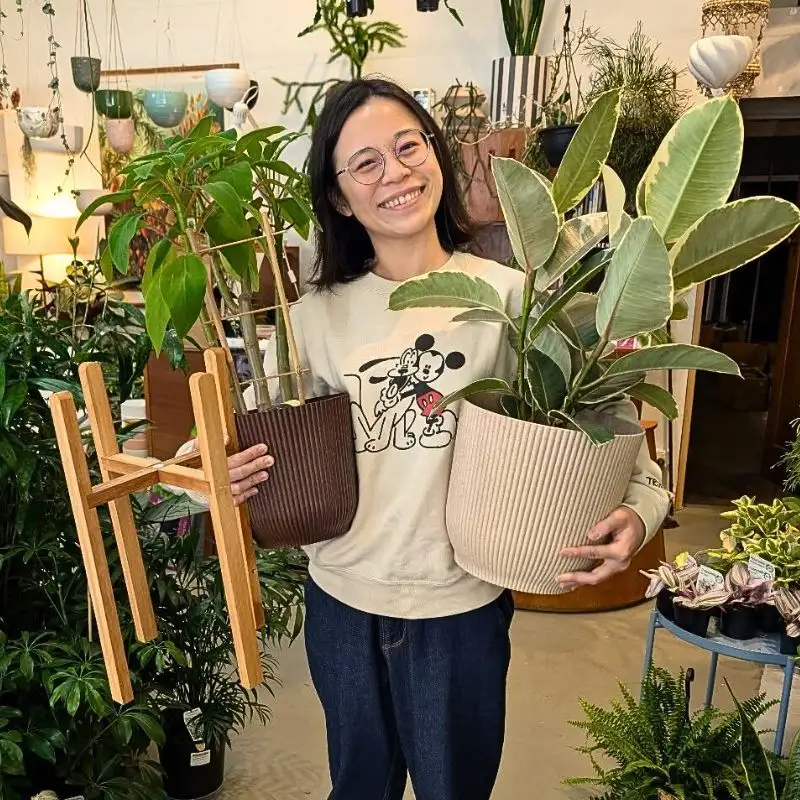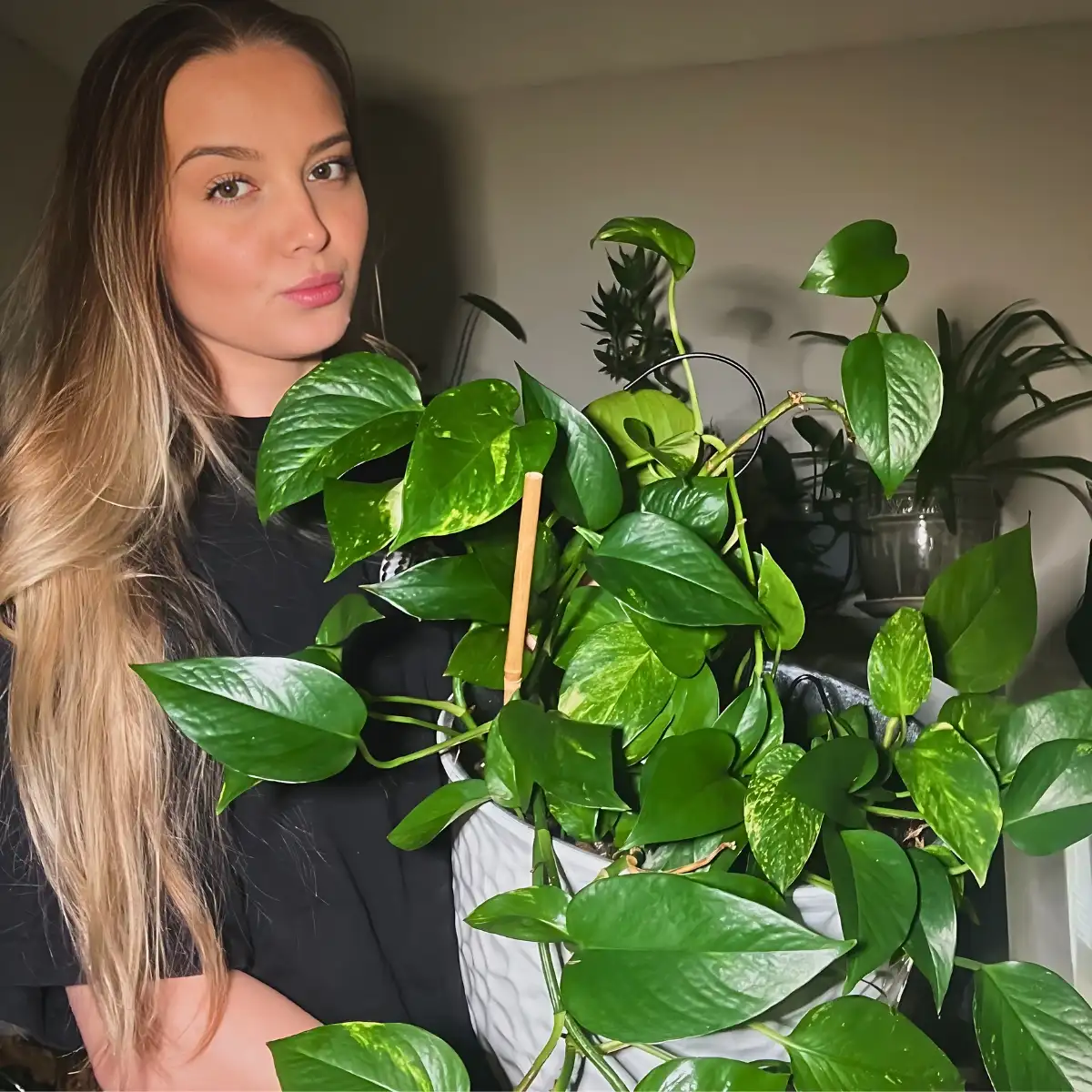Plants are all around us, but most people rarely think of them as anything more than green seasonal trinkets. Yet, there's an allure about plants, something that connects us to them and Mother Nature in the wider scheme of things. Whether it's the lush greenery of a garden, the serenity of a forest, or the vibrancy of indoor houseplants, the connection between humans and plants runs far deeper than aesthetics.
This article will dive into plant psychology and how plants can contribute to your mental relaxation, comfort, and healing. If you're a student grappling with exams and a tough semester, this is great news for you, especially if you've been struggling to cope. If you've been wondering "How to DoMyEssay?" this article is perfect for you.

A Green Oasis for the Soul
In the city's vastness and the hustle and bustle of modern life, the importance of our connection with nature often gets overshadowed. Concrete everywhere, cars bustling, and careers that are more important than our mental health are what you might get used to. Yet, nestled amidst the cityscape and the relentless march of technology, a profound relationship exists between humans and plants.
The call of nature echoes deep within our genetic code and an innate yearning to be closer to Mother Earth. This instinctual pull draws us to natural settings, whether it's the unspoiled wilderness or a meticulously tended garden.
Nature is a dynamic entity, and the weather is a key and dynamic part of it. The ever-changing seasons, moods, and atmospheres profoundly impact us, and plants are just as affected. When they bloom, our moods and tempos also bloom, and when they frown and whither as in winter, we also lose color and life.
The Biophilia Hypothesis
In the heart of the concrete jungle, the yearning for nature's embrace is often intensified. This desire to be close to plants and natural settings is deeply rooted in what biologist E.O. Wilson termed the biophilia hypothesis.
The biophilia hypothesis suggests humans have an inherent and evolutionary connection with nature and living organisms, including plants. This deep-seated connection dates back to our ancestors, who relied on the natural world for sustenance and survival.
The longing for greenery is particularly strong in urban settings, where the concrete landscape dominates. Cities' limited access to nature makes parks and green spaces a cherished refuge.
Scientific studies have shown that exposure to nature can reduce stress, anxiety and improve overall mood. This biophilic connection offers a lifeline to those navigating the stressors of contemporary life. So, that walk in the park or that trailer hike can add a few hours to your lifetime.
Another method to write a cool article such as the one you are reading now is to use a reliable college essay writing service with credible writers. That way, you can have confidence that your assignment is in good hands as you take time off for healing and rejuvenate yourself with some plant love.
Therapeutic Horticulture
Beyond aesthetics, plants have the power to heal and soothe the human soul. Therapeutic horticulture commonly involves engaging with plant life to improve mental and physical well-being.
Restorative habitats are designed to provide a therapeutic setting that enables people to unwind, de-stress, and revive. Examples of these habitats include gardens, parks, and other green areas.
If you're into the fine art of gardening and getting your mud on, tending to plants requires focus and mindfulness, similar to meditation. Just going through with nurturing a plant, from seedling to formation, encourages a state of mindfulness that enhances mental clarity and well-being.
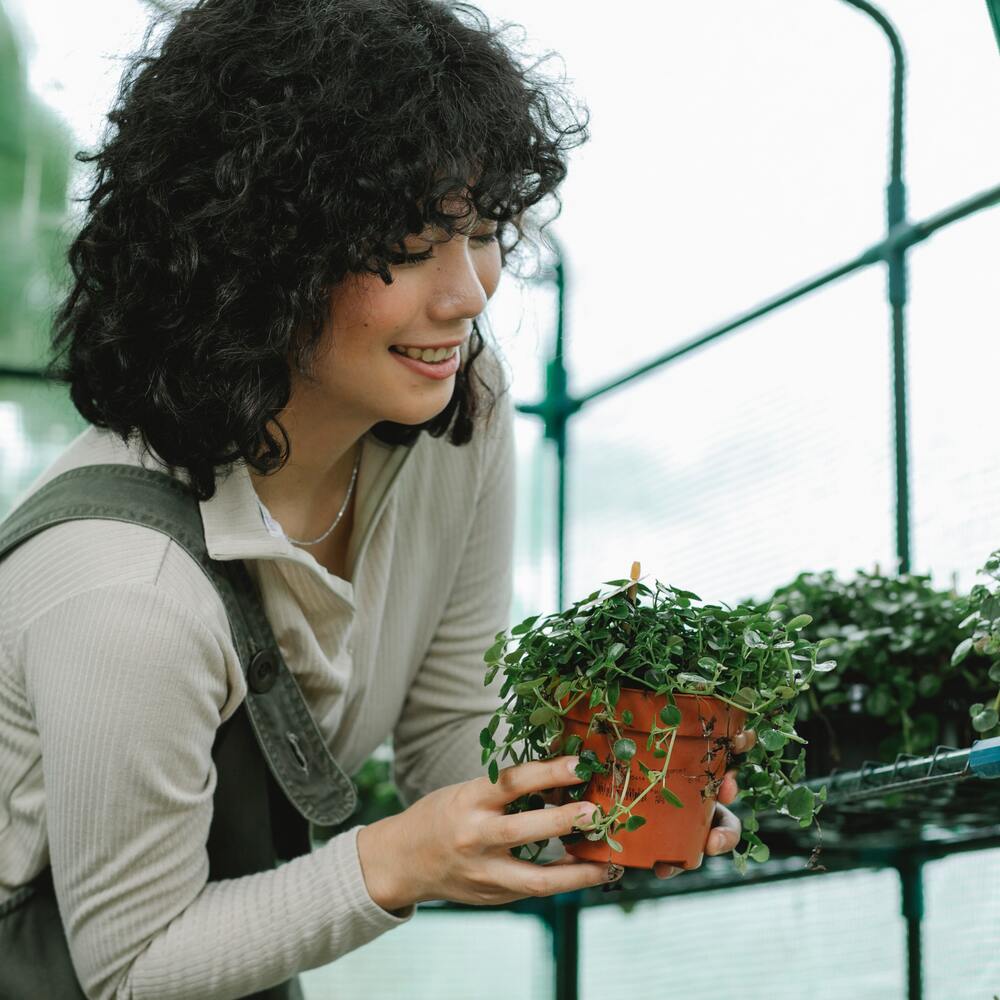
Weather's Influence on Plant Therapy
The weather, with its unpredictability, shapes our interaction with plants and the natural world. Many individuals experience mood changes with the seasons, particularly during the dark days of winter. This condition is also known as Seasonal Affective Disorder (SAD) and underscores just how important the weather is to our mental well-being.
With its radiant warmth, sunlight plays a pivotal role in boosting mood. Exposure to natural light stimulates the production of serotonin, which is a neurotransmitter associated with feelings of jolliness and well-being.
Rain, while sometimes associated with gloom, is essential for plant growth and regeneration. The gentle sound of raindrops and the earthy scent of wet soil can evoke feelings of calmness and renewal.
Psychological Mechanisms Behind Plant Therapy
Here's where it gets interesting. The psychological mechanisms behind plant therapy reveal just how in tune our minds and bodies are with plant life and nature, thus impacting our mental well-being.
Humans are naturally drawn to beauty and aesthetics. The visual appeal of plants and natural landscapes contributes to our psychological well-being by eliciting feelings of wonder and admiration.
Engaging multiple senses through touch, smell, and even taste when dealing with plants can be therapeutic. These sensory interactions with nature activate different parts of our brains and contribute to feelings of relaxation and contentment.
Caring for plants requires patience and attentiveness, fostering mindfulness and enhancing focus and mental clarity. Watching a plant or even a garden thrive and flourish provides a sense of accomplishment and purpose. This tangible evidence of nurturing and growth boosts self-esteem and confidence, contributing to overall well-being.
So, what are some of the practical ways you can incorporate plant therapy into your life?
- Indoor Plant Care: Incorporating indoor plants into your living or workspace is a simple yet effective way to enjoy the benefits of therapeutic horticulture.
- Gardening for Beginners: Starting a garden, even in small spaces, offers a hands-on opportunity to connect with plants and nature.
- Nature Escapes: While we may not always have access to gardens or green spaces, occasional escapes to natural settings, whether a forest hike or a day at the beach, can provide profound mental rejuvenation.
Now, you really need to get yourself a pair of gloves and a shovel!
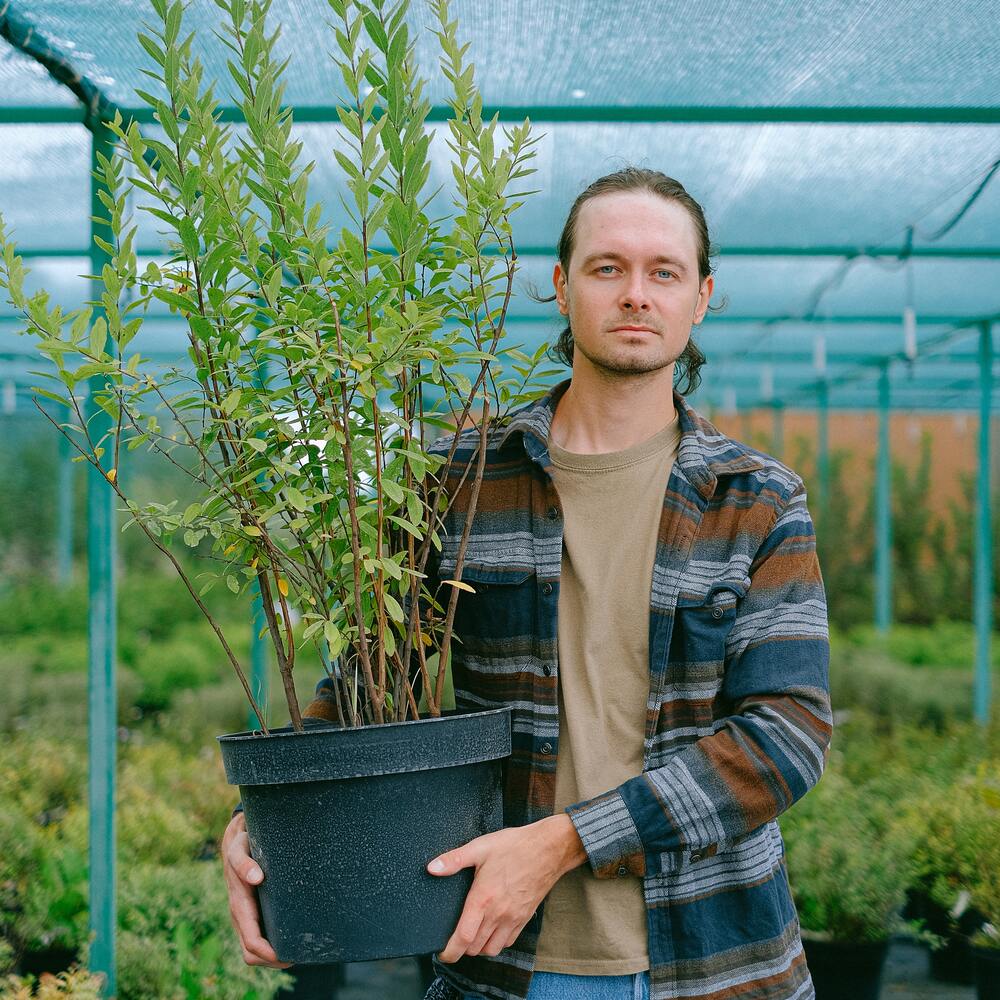
Wrapping Up
Understanding the psychology of plant therapy allows us to cultivate a deeper connection with nature and harness its therapeutic benefits. Plant therapy offers a holistic approach to mental well-being, reminding us that the beauty of nature can heal and nurture our minds.
Our exploration of the profound relationship between humans and nature, specifically plants, is an ongoing journey. It reminds us that, amidst life's challenges and demands, we can always find solace and serenity in the evergreen embrace of nature.

